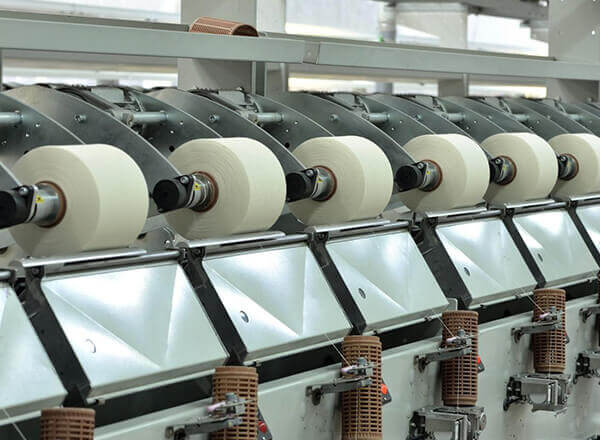 |
Silk processing refers to the treatment of different types of silk threads (such as cotton, linen, polyester, etc.) by weaving, knitting, or crocheting to create various textiles such as clothing, curtains, bed sheets, etc. This type of processing is usually done by machines or by hand and has a wide range of applications. |
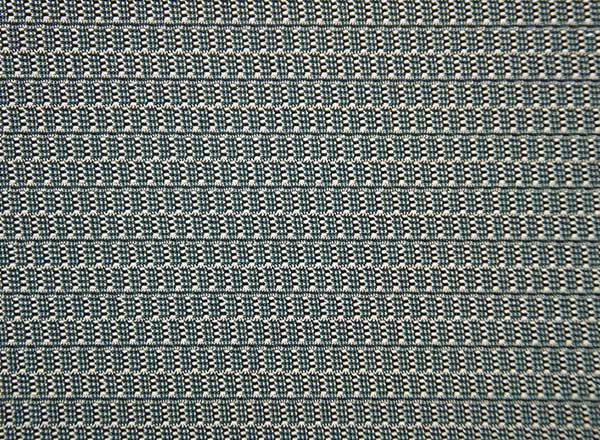 |
Jacquard fabrics are named after Joseph Marie Jacquard, who invented the Jacquard loom in the early 19th century. The Jacquard loom was an improvement on the hand-operated looms that were commonly used at the time, and it allowed for more complex and intricate patterns to be woven into fabrics. |
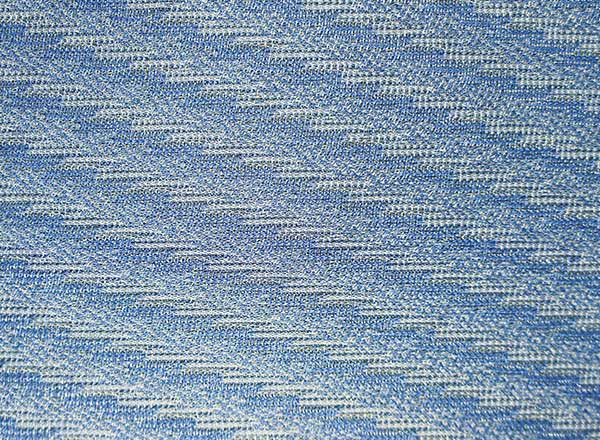 |
Primarily valued for its glamour, jacquard is also a relatively durable and valued fabric. The early days were produced by weaving jacquard from wool or other durable materials. Uncommonly used in casual wear due to its complexity and relatively high cost, fabric manufacturers use jacquard more frequently for formal wear such as casual wear and men's suits. The fabric is also ideal for a variety of household items, including curtains, duvets, shoe materials, packaging and furniture upholstery. |
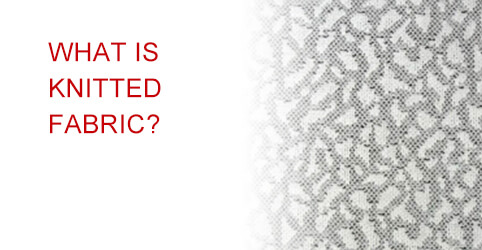 |
Knitted fabric is a structure with an elastic porous fabric made by interlocking yarns with needles. Knitted fabrics are faster, easier and relatively less expensive to manufacture than woven fabrics. |
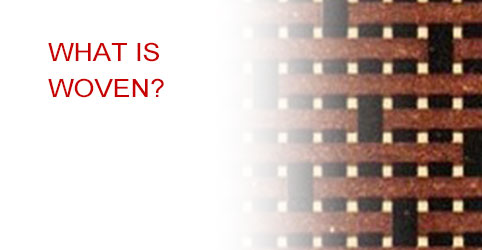 |
The straight yarns on the fabric surface are called warp yarns, the horizontal yarns are called weft yarns, and the interlacing of warp and weft yarns is called fabric weave. Due to the different ways of interweaving fabrics, it can be divided into two categories: woven fabrics and knitted fabrics. |
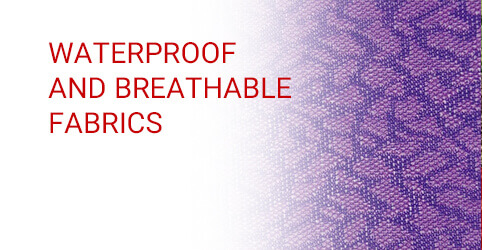 |
Liquid-water Impermeability means the textile resists water penetration. Most commonly, the surface of this type of textile is coated with PU, PTFE, TPU, TPE or other materials. |
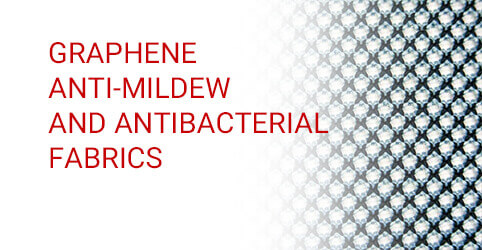 |
When graphene is combined with ordinary textiles, while maintaining the basic performance of ordinary textiles, it has huge advantages such as low temperature far infrared, heat conduction, antistatic, wear resistance, and antibacterial. |
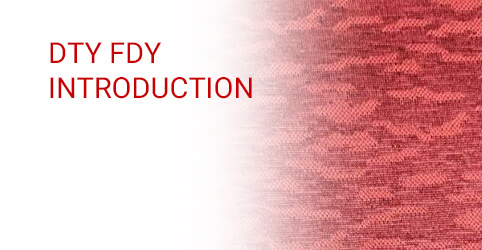 |
FDY is the abbreviation of Fully drawn yarn. The Chinese name is: Fully drawn yarn, which is a processing method after spinning. DTY is the abbreviation of Drawn-texturing yarn, and the Chinese name is: drawn-texturing yarn. |
 |
Flexibility, breathability, comfort, obvious texture, flexible and variable variability |
 |
Spacer fabric is a three-dimensional knitted fabric consisting of two separate knitted substrates which are joined together or kept apart by spacer yarns. |
 |
Mono-mesh is using Mono-filament to knit the fabric.
Mono mesh’s feature is strong and tough and sense of perspective.
We can use on the shoes upper or bag upper or curtain or chair upper. |
 |
Using special bonding technology, the three layers of surface cloth, functional film and lining are combined, combining the elasticity and abrasion resistance of the surface cloth, the high performance of waterproof and moisture permeability of the film, and the warmth of the inner lining. |





























